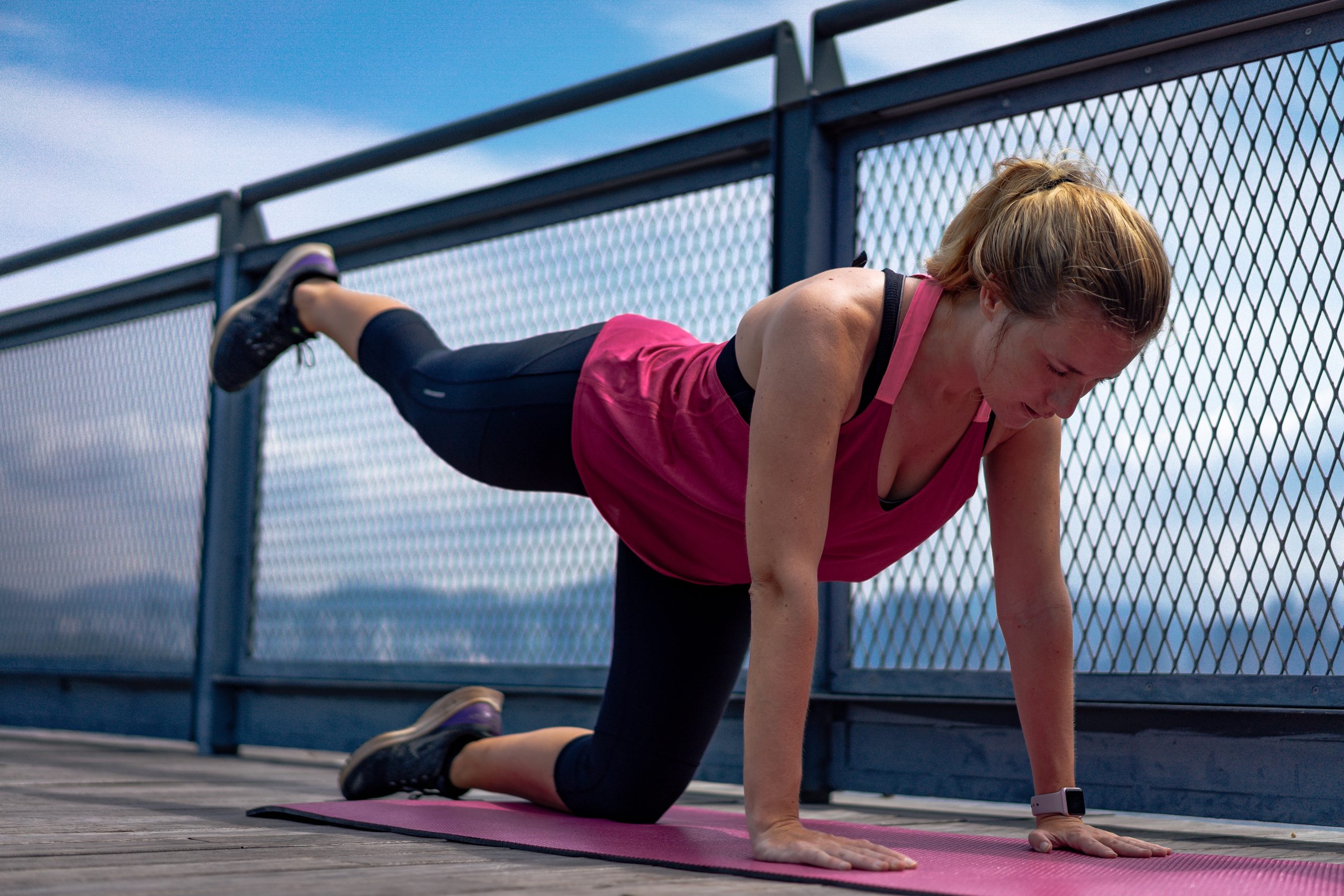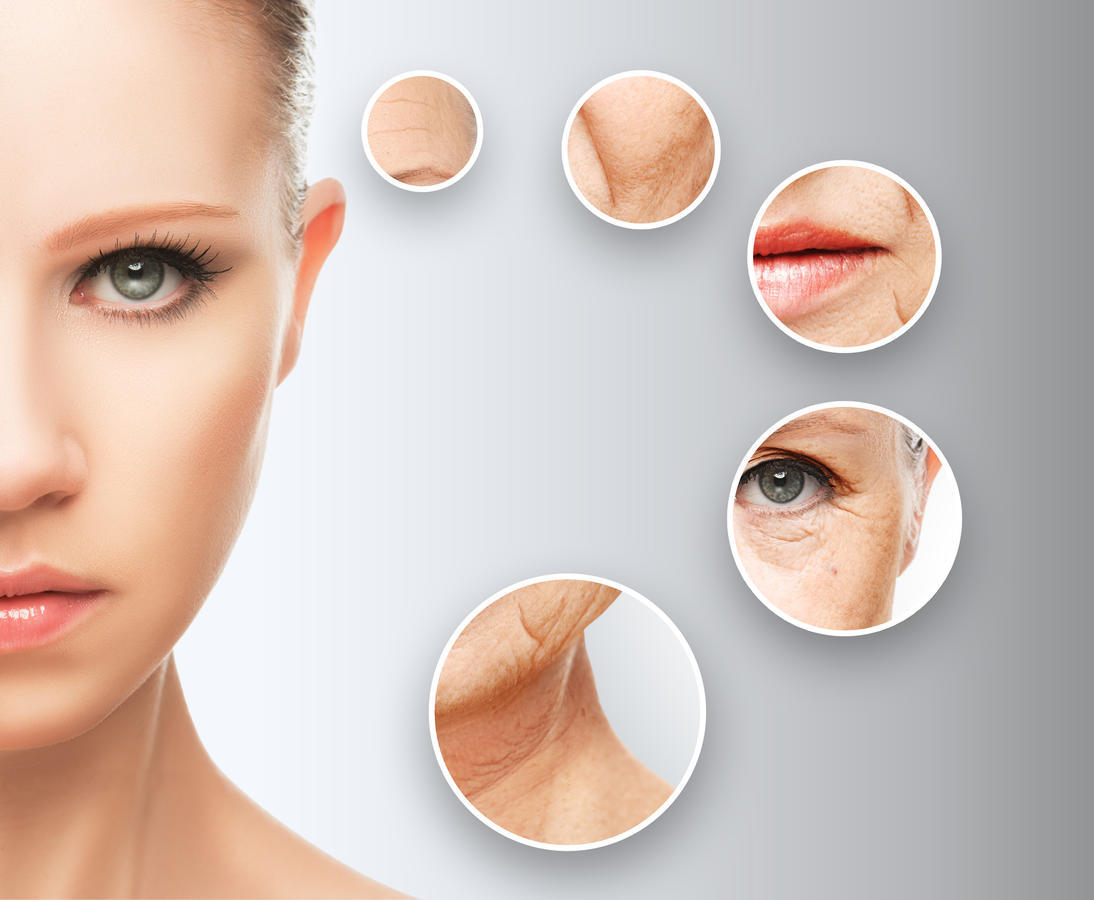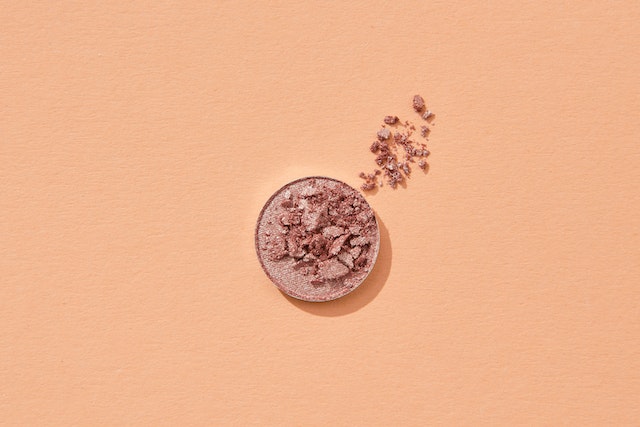As we push ourselves to reach our fitness goals, it’s easy to overlook the simplest yet most effective tool for enhancing our athletic performance: naps. Yes, you read that right – quick power naps can do wonders for your body and mind, helping you perform better during workouts or competitions. In this blog post, we’ll explore why short bursts of sleep are so beneficial for athletes and how you can make them a part of your training routine. So let’s dive in and discover the power of naps!
What is a Nap?
Naps are one of the most underrated sleep habits. They can help you stay alert and motivated throughout the day, boost your Athletic Performance, and increase your productivity. Here’s why napping is such a powerful tool:
1. Naps can improve mood and cognitive function.
Studies have found that naps can help improve mood and cognitive function. In fact, research has shown that taking a short nap can improve focus, vigilance, mental agility, problem-solving skills, and even learning ability. Plus, napping helps decrease anxiety and stress levels.
2. Naps can help you stay awake during the day.
Napping can help you stay awake during the day by improving cognitive performance and decreasing energy levels. Plus, napping allows you to take a break from work or other activities without feeling guilty or overwhelmed. This gives you more energy to tackle your goals later in the day!
3. Naps can boost athletic performance.
Napping has been shown to boost athletic performance in several different ways. For example, studies have found that naps improve endurance by increasing muscle mass and reducing fatigue levels. Additionally, napping can help athletes recover faster after strenuous workouts by restoring muscles’ glycogen stores and aiding in tissue regeneration. Finally, naps can also improve cognitive performance which leads to better decision making during competitions or intense tasks
What are the Benefits of Napping?
There are many benefits to taking a short nap, including improved mental clarity, greater productivity and improved sleep quality. Nap-taking can also improve physical health by reducing the risk of obesity or heart disease, and can even boost athletic performance. Here are four key reasons why napping is such a powerful tool:
1. Napping refreshes the mind and restores cognitive function.
Napping is associated with improved mental clarity and concentration, thanks to the restoration of brain energy levels. A 2010 study found that people who took 90-minute naps performed better on memory tests than those who didn’t nap. In fact, researchers at Maastricht University in The Netherlands found that participants who took a one-hour afternoon nap scored higher on fluid intelligence tests than those who didn’t take a break. And studies have consistently shown that short naps restore cognitive function better than long naps.
2. Napping boosts productivity and creativity.
According to a study published in the journal Organizational Behavior and Human Decision Processes, taking 20-minute breaks throughout the day – including five 10-minute naps – can boost worker productivity by up to 50%. And another study found that employees who took 30-minute naps throughout the day were less likely to experience stress symptoms than those who didn’t take any breaks at all. The reason? Napping allows us to rest and rejuvenate our brains without feeling drowsy or distracted, which
How to Take a Nap Properly
When it comes to taking a nap, there are a few things you should keep in mind to make sure that you get the most out of your slumber. First and foremost, make sure that you take a full 20 minutes for your nap. This will help ensure that you’re getting the most rest possible. Second, stick to a regular schedule for taking naps. This will help you get used to taking them and start feeling more refreshed when you take one. Finally, make sure that you avoid watching television or working on electronic devices before taking your nap. These activities can actually lead to interrupted sleep and decreased relaxation.
The Best Time to Nap
There is a lot of debate on whether napping is actually beneficial for overall health, but there is no doubt that taking a short break from work or recreation can help boost athletic performance. Here are four reasons why napping can be beneficial for endurance athletes:
1. Napping Promotes Fatigue Resistance
The National Sleep Foundation report that individuals who take naps between 2 and 3 hours have a harder time recovering from fatigue than those who don’t take naps. This may be because when we sleep, our brains release a hormone called ghrelin which signals our bodies to eat. In other words, a nap helps us conserve energy so that we can continue to push ourselves physically.
2. Napping Can Boost Memory and Cognitive Functioning
It has been shown time and time again that people who get enough sleep perform better in school and have better memories. One study even found that college students who took a nap had improved math skills! The best way to get the most out of your napping is to choose a time when you will not be disturbed, like before bedtime or during lunchtime when you can be relatively undisturbed.
3. Napping Can Help People Stay Alert During Exhaustive Activities
When we are tired, it is easy for our brain to start shutting down in order to conserve energy. However, taking short breaks throughout the day, like napping, helps us stay alert and focused during
When Not to Nap
If you’re struggling to get enough sleep, napping may be a better option for you than sleeping through the night. A short nap can help boost your energy and performance during the day. However, there are certain times when napping is not recommended. Here are four times when napping is not recommended:
1) When you’re driving or operating heavy machinery
2) When you have a serious injury or illness
3) If you’re pregnant or nursing
4) If you have a history of depression or anxiety
Conclusion
If you’re like most people, you probably don’t get the amount of sleep you need each night. Not only do insufficient hours of sleep have negative consequences for your health, but they can also impair your performance when it comes to activities like athletics. But what is the link between lack of sleep and poor athletic performance? According to researchers at Imperial College London, short bursts of sleep — known as napping — play a major role in boosting athletic Performance. By taking brief breaks during the day to catch some Z’s, you can help your body recharge and regain strength and energy for later on in the day. So next time you find yourself struggling to stay awake during class or after work, try catching some zzzs before hitting the gym!










